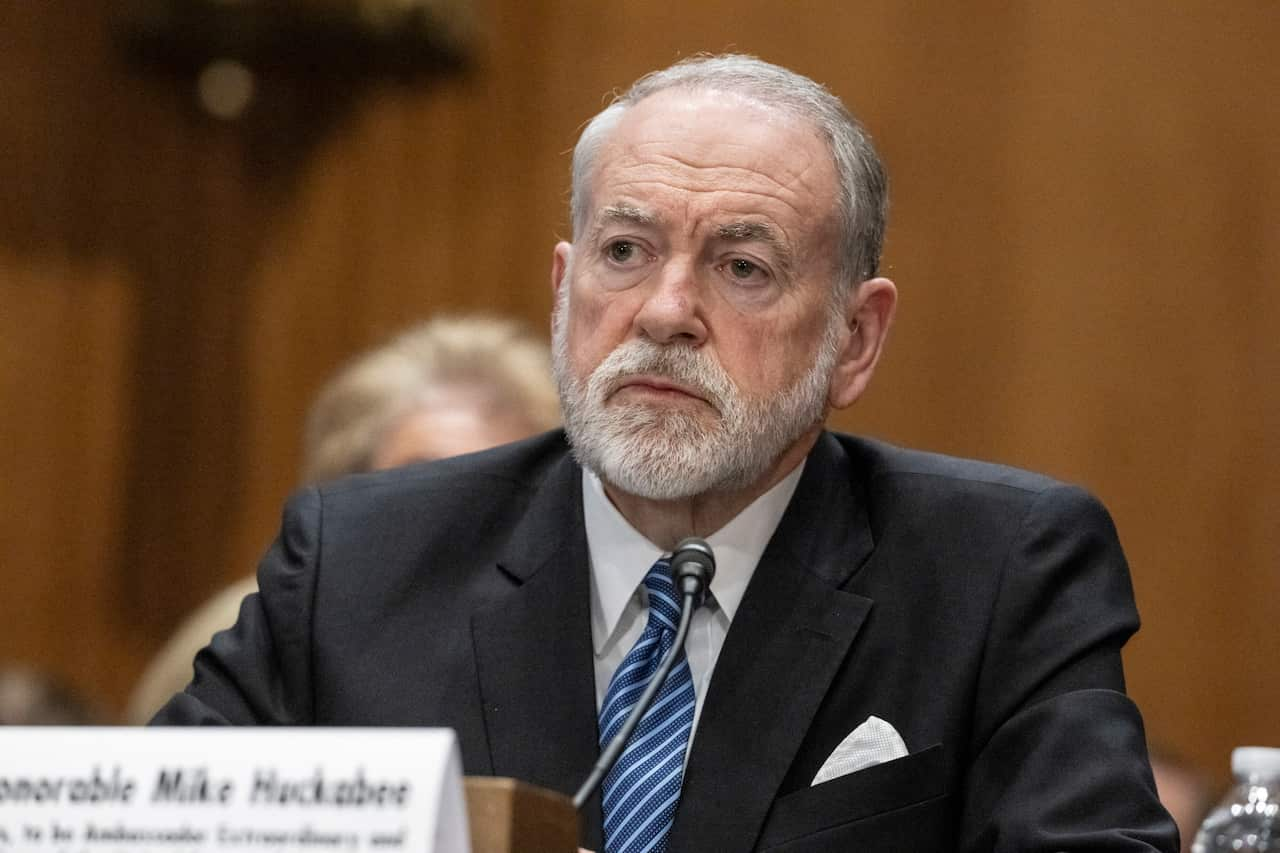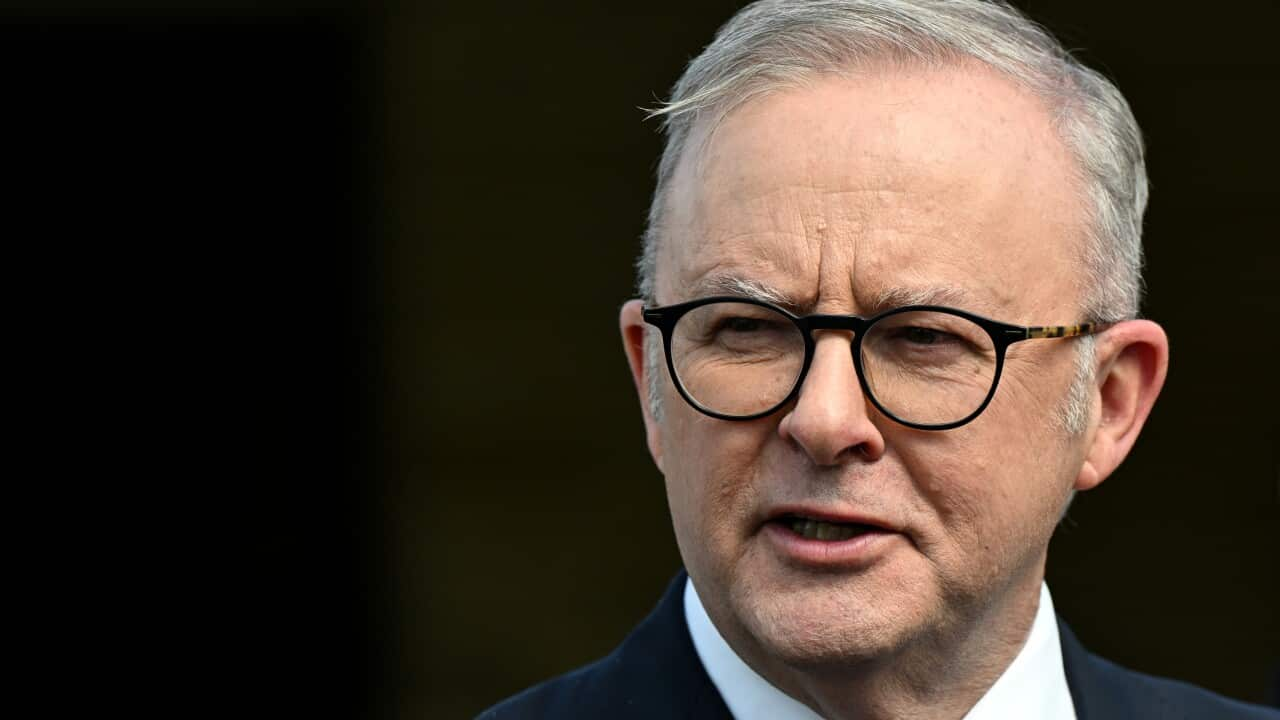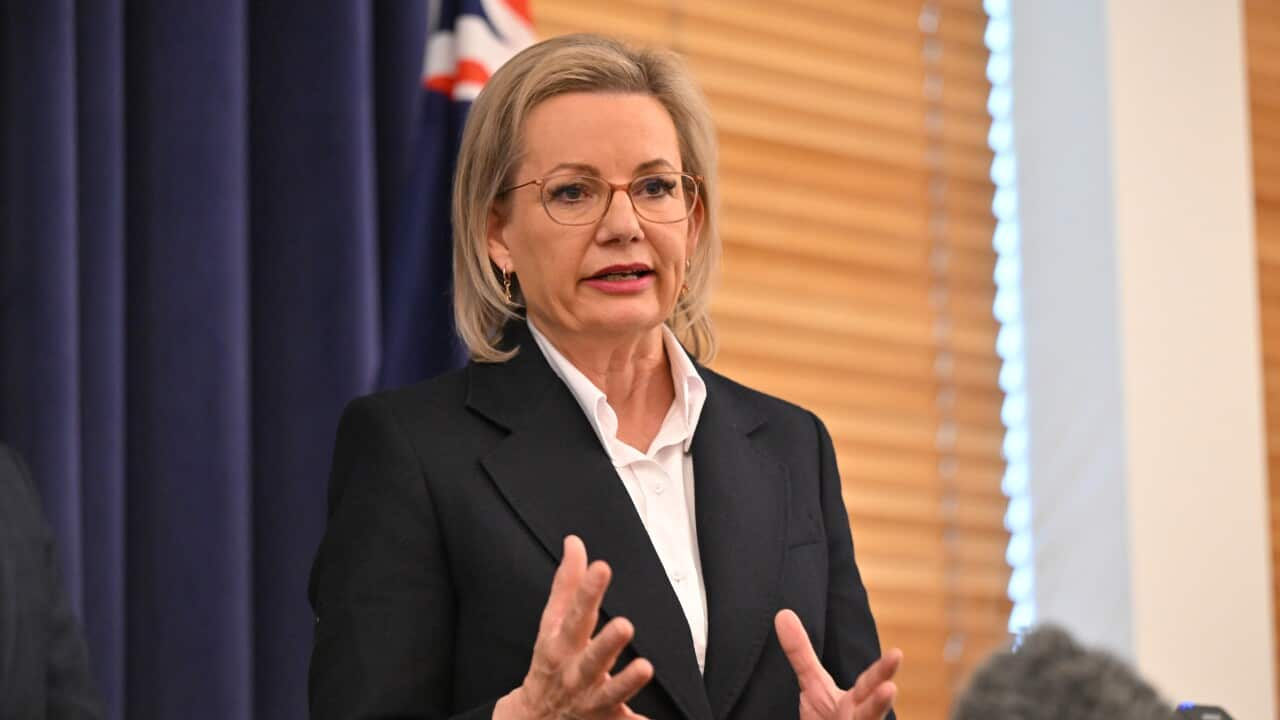Prime Minister Anthony Albanese has fired back at a US diplomat after he criticised Australia's decision to recognise Palestinian statehood.
On Monday, the Albanese government revealed it would join other Western nations, including the UK, France and Canada, in recognising a state of Palestine at the United Nations General Assembly in September, in response to the worsening humanitarian crisis in Gaza.
Mike Huckabee, who was appointed America's ambassador to Israel by US President Donald Trump in April, said the US was taken aback and stressed there was an "enormous level of disappointment and some disgust" over the announcement.
But Albanese has backed Australia's decision, saying the continued human suffering in Gaza had disgusted the nation.
"He is an ambassador of a country — not Australia — to another country," he told ABC Radio on Friday.
"My job is to represent Australia's interest and Australians have been disgusted by what they see on their TV every night.
"When you have children starving, when you have children losing their lives with families queuing for food and water, that provokes — not surprisingly — a human reaction."
Huckabee also criticised the timing of the statehood announcement.
"What Australia and the other countries may have done inadvertently is to push Israel towards doing exactly what they're afraid of," he told ABC's 7.30 program on Thursday night.

US ambassador to Israel Mike Huckabee claimed the US got "no heads up" about Australia's decision. Source: AAP / CNP/ABACA/PA
Almost 150 out of the 193 UN member states already recognise the state of Palestine.
While the ambassador said the US got "no heads up" about Australia's decision, Foreign Minister Penny Wong did inform US secretary of state Marco Rubio ahead of it being made public and Albanese also spoke in advance with Israeli Prime Minister Benjamin Netanyahu.
But Liberal senator Jane Hume has continued to claim Americans on both sides of politics had been shocked by Australia's decision on statehood.
"This decision by the Labor government has bewildered the Americans, that (the government) essentially departed from years of a strong alliance between Israel and America and Australia to make this decision unilaterally," she told Seven's Sunrise.
The Coalition has pledged to reverse Australia's position if it wins the next election.
Australia's decision to recognise a Palestinian state was fuelled in part by Israel's newly unveiled plans to occupy Gaza City and came after at least 90,000 people marched across the Sydney Harbour Bridge in support of Palestine.
"There have been tens of thousands of people suggesting this is not the way forward. You just can't continue with the same pattern without an endpoint," Albanese said.
"The endpoint has to be to isolate Hamas."
The conditions for Australia's recognition include assurances that the designated terrorist group Hamas, which controls Gaza, plays no role in a future state.
Many within the pro-Palestine movement say recognition will do nothing to change the situation on the ground, urging the government to go further and impose sanctions on Israel.
Israel's campaign in Gaza has killed almost 62,000 Palestinians, including 18,000 children, since October 7, 2023, according to local health authorities.
It began after Hamas's invasion on October 7, 2023, when it killed more than 1200 Israelis and took about 250 people hostage. Not all of the hostages have been released.
The UN projects 2.1 million people in Gaza face high levels of acute food insecurity, while 470,000 face catastrophic levels of food insecurity, after Israel throttled aid and resources into the territory.



